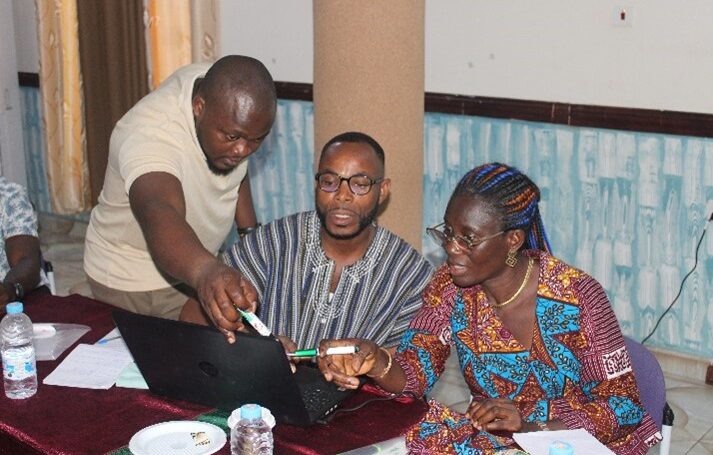Let’s stop asking if local voices can be heard. Let’s ask why we still aren’t acting on what they’re saying.
This is one of the main learning from IMPACT’s work across numerous crisis settings over the past several years to implement Area-Based Assessments (ABAs) — localized, mixed method (qualitative and quantitative) assessments designed to inform response planning at the area level.
In late 2023, we reviewed experiences from 29 ABAs across 18 countries to reflect on what has worked, what hasn’t, and why. Amidst humanitarian reform, particularly with the growing push toward area-based coordination models, our experience offers practical insights into what’s already possible and where structural barriers still need to be addressed.
For example, IMPACT implemented an ABA in Uganda in collaboration with U-Learn to examine climate change response strategies in Nyumanzi settlement’s refugee and host communities. It aimed to provide detailed data on the perceived local climate impacts, enhance understanding of vulnerable populations’ responses and equip humanitarian actors with actionable insights for more effective responses. By focusing on the lived experiences on the ground, beyond statistics, the assessment highlights the realities faced by communities.
IMPACT’s experience of over 29 Area-Based Assessments in 18 countries prove that localized, participatory planning is possible at scale. The bottleneck isn’t in research or engagement — it’s in structural commitment to decentralize decision-making and accountability.
As the humanitarian system resets, this must change. Let’s stop asking if local voices can be heard. Let’s ask why we still aren’t acting on what they’re saying.








